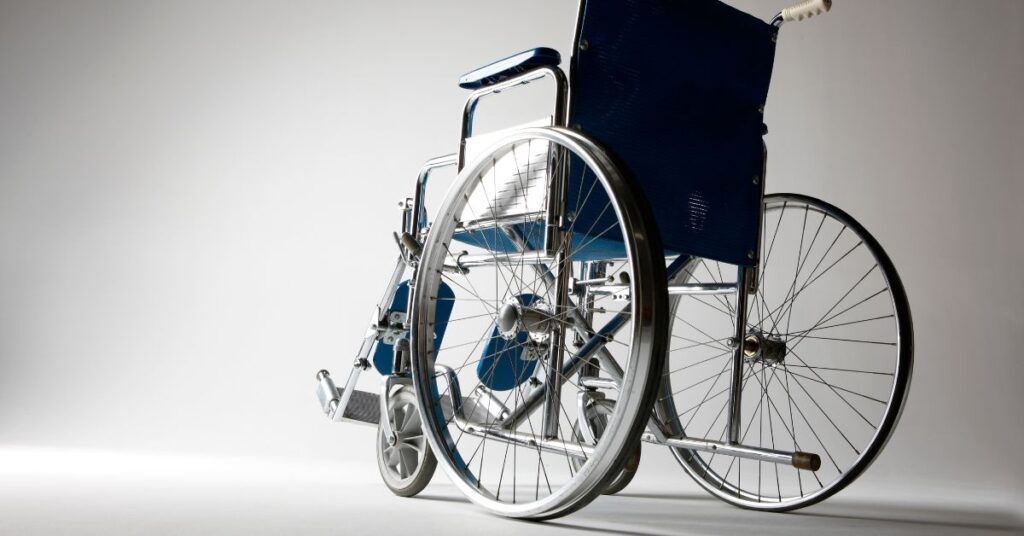Search and find products in our Catalogue
Enter the product name, part number or cross-reference below...

Fasteners in Healthcare
In the healthcare industry, precision, cleanliness, and reliability are incredibly important. Whether it’s a diagnostic imaging system, a surgical robot, or a hospital bed, the equipment used in the medical field rely on high-performance components which includes fasteners. While often overlooked, fasteners play a vital role in keeping medical devices functional and safe for patient use.
Why Fastener Selection Matters
Medical devices operate in environments that require both mechanical performance and compliance with strict hygiene standards. Fasteners must withstand sterilization cycles, resist corrosion, and avoid contaminating sensitive equipment. The wrong choice could lead to malfunctions, downtime, or even patient harm.
When selecting fasteners for medical applications, manufacturers must consider several key factors. Material compatibility is critical. Stainless steel and nylon are commonly used due to their corrosion resistance and durability. Biocompatibility is equally important, especially for fasteners that come into contact with patients so that the material does not react with human tissue. Precision tolerances also play a role, as many medical assemblies demand micro fasteners or custom-sized components that meet tight engineering specifications. Finally, ease of assembly and disassembly is essential for devices that undergo frequent maintenance or servicing, making user friendly fasteners a valuable asset in healthcare design.
Common Fasteners Used in Medical Equipment
Some of the most commonly used fasteners in healthcare include:
- Stainless Steel Screws: Resistant to corrosion and ideal for high-humidity or sterilised environments.
- Nylon Fasteners: Lightweight, non-conductive, and ideal for electronics within diagnostic machines.
- Captive Screws: Prevent screws from falling out during disassembly, improves safety and cleanliness. Shop captive screws.
- Shoulder Screws: Used in moving parts such as robotic arms or surgical tools, offers precision alignment. See shoulder screws.
- Spacers and Standoffs: Used for electronic components inside imaging or diagnostic equipment. Browse spacers & standoffs.
Applications in the Medical Field
Fasteners are integrated across nearly every aspect of healthcare manufacturing. Below are some examples where they are used:
- Imaging Equipment: MRI machines, CT scanners, and ultrasound units require non-magnetic, corrosion-resistant fasteners to support internal systems.
- Surgical Devices: From small tools to rigs , fasteners provide secure joints and moving parts.
- Patient Monitoring Systems: Compact electronics need micro screws and standoffs for circuit board mounting.
- Mobility and Accessibility Devices: Wheelchairs, stretchers, and hospital beds rely on high-strength fasteners for stability.
- Sterile Packaging Machinery: Fasteners must be food or medical grade to comply with sanitation standards.
Meeting Industry Standards
Fasteners used in medical applications often comply with standards such as:
- ISO 13485 Specific to medical devices, ensuring quality management systems
- ASTM F138/F139 Standards for stainless steel surgical implants
- RoHS and REACH Compliance for safe chemical content in parts
Working with a fastener distributor like Knapp Fasteners that understands these requirements ensures that the products you receive align with both performance and regulatory expectations.
At Knapp, we supply precision fasteners that meet the demanding standards of the healthcare industry. With a wide inventory of stainless steel, nylon, and specialty components, we help OEMs and medical manufacturers bring safe, effective devices to life. Need help sourcing your fasteners? Contact our sales team today!